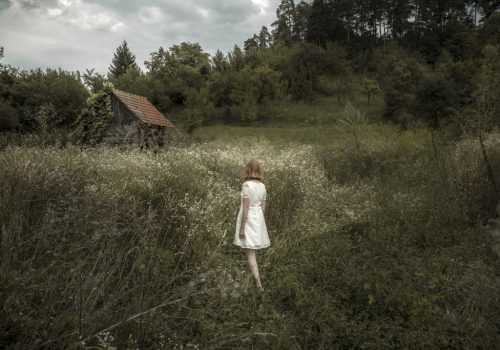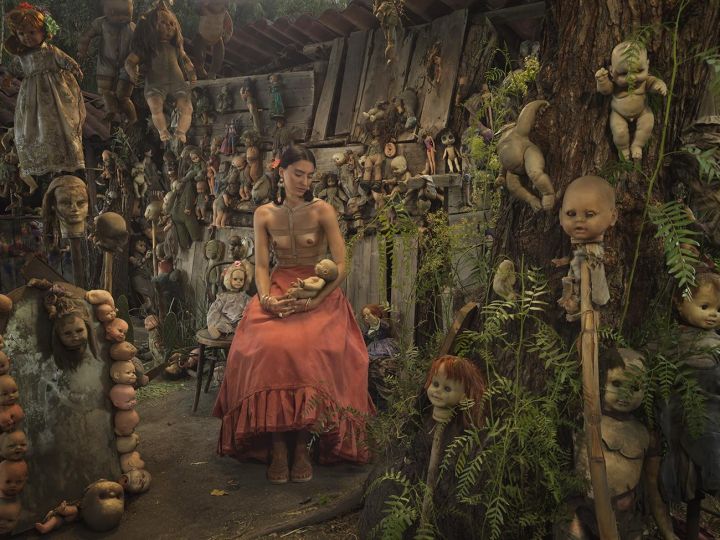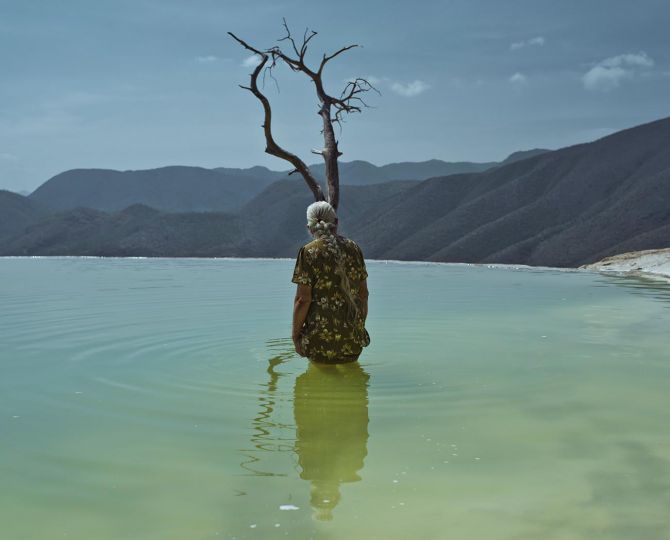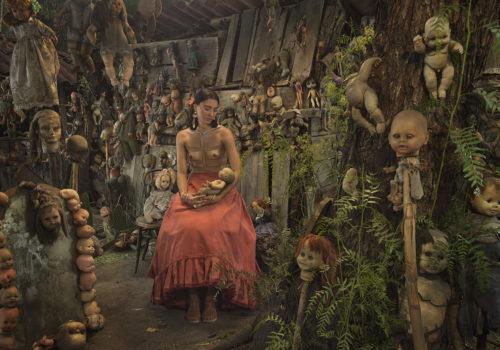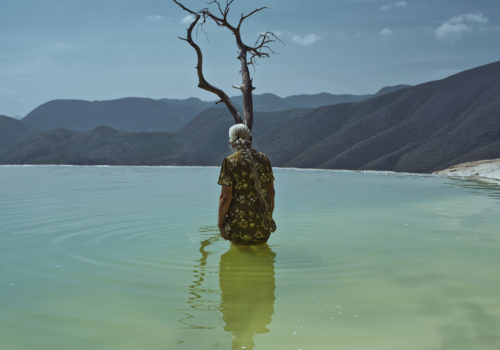Davide Bertuccio : Across the river’s flow
“This is my house, but over there in Richiș, I feel at home.” This is the phrase that most aptly sums up the situation the Transylvania’s Saxons are currently experiencing. These are the words of Susanna, Saxon of Romanian origins who’s now living in Nordheim, across the Neckar river, last bulwark to overcome to get home in Germany.
Saxons are a community with German roots. Since the XI th century, together with Hungarians and Romanians, they’ve been living in the green heart of Romania. From this very land, a major migration is now taking place which marks the decline of centuries of history. Saxons are disappearing and their culture, their idiom and traditions along with them.
After the 2nd World War and the Ceaușescu communist government, people from this community were forced to abandon their homes. Some wanted an ethnically homogeneous Romania. Richiș is one of the few villages yet not completely transformed by tourism, which is ruining the authenticity of these lands where time seems to have stopped. Cows and sheeps are free to roam the streets. Life is not hectic. It is in Richiș that the journey of the Riemesh-Wachsmann family began. A journey that led them to cross many borders, only to lead them in the end back to the heart of Germany, where Saxons have their roots. A journey that didn’t erase their ancestry. Nordheim is in fact a new frantic world, made of success and money to be earned. An unusual way of life where the slow passing of time is nothing but a Romanian memory. Nowadays, the new German-born generation of Saxons travel back to Romania for holidays, to visit their grandparents. They reject their language, their roots and traditions. They’re the future of Transylvania’s Saxons and none of them want to go back.
“Across the river’s flow” aims to be a work about the disappearance of ethnic minorities, overwhelmed by the pace of modern life and by an ever-growing globalization. Saxons are an example of how authenticity is wiped out to make room for a fictitious daily routine and how entire ethnic groups and populations must surrender to outside forces such as racism.
“I only know that when I’m with people my age, I have great stories to tell about my family. Stories different from theirs. Stories of a life spent in the fields, in close contact with nature. A life different from the one I’m currently living.” These are the words of Johanna, a 15 years old Saxon girl born and growing up in Germany.

